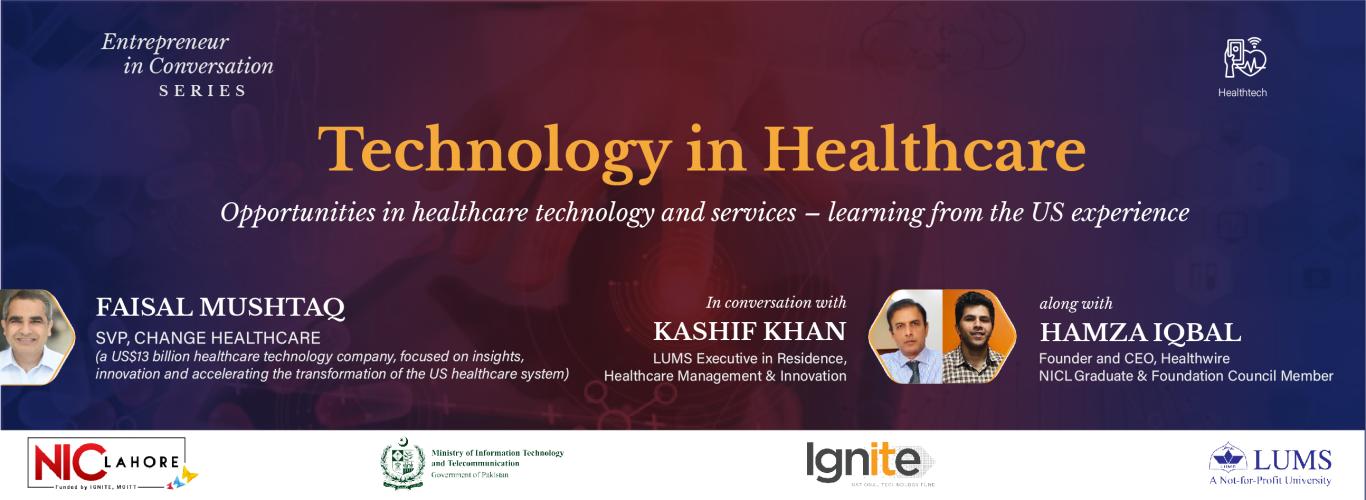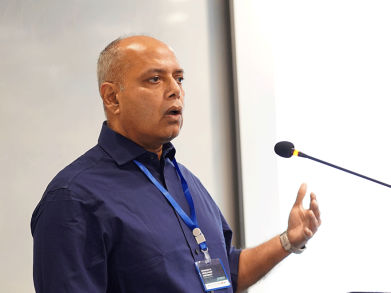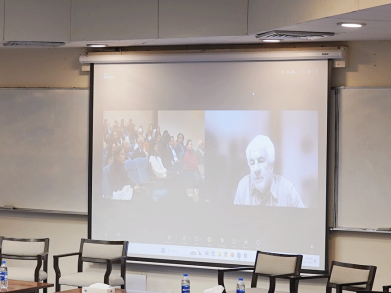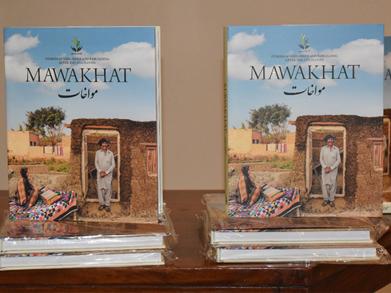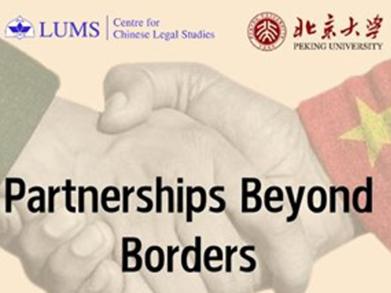Leveraging Technology to Revolutionise Healthcare Services in Pakistan
Can entrepreneurs transform Pakistan’s healthcare system? Faisal Mushtaq, Senior Vice President, Change Healthcare, certainly believes so. During his talk as part of the National Incubation Centre (NIC) Lahore’s ‘Entrepreneur in Conversation’ series on January 27, 2021, he shared that in today’s climate, a medical degree is not a prerequisite for entry.
“We are the fifth largest population in the world. Pakistani entrepreneurs can play a role in the global healthcare IT scene – and it doesn’t mean that we export doctors as talent,” Mr. Mushtaq said. “Healthcare is so broad that it offers enormous career opportunities for lawyers, medical professionals, supply chain people, scientists, those involved in production of medication, or even user interface designers who understand how people want to engage with healthcare. There are immense opportunities that Pakistanis have of catching the next wave,” he added.
Mr. Mushtaq speaks from personal experience. A computer programmer by education, he grew up programming telecom systems. When an opportunity for software development in healthcare came up, he realised it was something he wanted to do. He has now spent over two decades utilising technology across the healthcare delivery spectrum in the USA, starting out in the commercial side of the field and gradually transitioning to the clinical side. At Change Healthcare, he leads business lines focused on enabling clinical connectivity. Today, the firm is worth USD 13 billion.
Hamza Iqbal, Founder and CEO of Healthwire, and a graduate of NIC Lahore, also participated in the session and shared his perspectives. “The ecosystem in healthcare is very fragmented. It is waiting for technology to come in and solve major problems; we also need people coming into this industry to present solutions.”
Pakistan can sidestep many of the prevalent issues in the US healthcare sector, believes Mr. Mushtaq. He shared that, on average, a hospital in the USA has 30 different software systems. From blood banks and billing, to dental, supply chain, electronic health records and many more – there seems to be a separate system for everything. “It doesn’t make sense but replacing everything will take a lot of time. Pakistan has an enormous opportunity to bypass all of this. You have to make sure these systems can at least talk to each other in a language that’s consistent and easy to integrate and then create a single virtual platform.”
Commenting on the role of Artificial Intelligence (AI) in the field, Mr. Mushtaq notes that healthcare by nature, is a predominantly human centric field. Roles such as nurses or doctors cannot be replaced and play a key part in healthcare delivery. However, what can be done is mechanise or automate as much of the non-human aspects of healthcare. Diagnostic AI has already been adopted around the world, where, for instance, it can identify whether an x-ray indicates an issue or not. In the case of an issue, the chart is routed to a qualified physician for examination. As a result, one layer of processing is done without human interaction. He encourages young Pakistani entrepreneurs to explore this area as barriers to entry are very low.
“The next wave of innovation at the global level lies in AI and healthcare. You don’t need a visa - science is available for everyone. It is something you can build in Pakistan and license to others. You can make a significant impact in the cost of delivering service. It’s an open territory right now,” explained Mr. Mushtaq.
In a market such as Pakistan, where majority of individuals are self-insured, portable health records would be of enormous value. Telemedicine as another high potential area for the country, given that access to care in rural areas is considerably low. “We can leapfrog brick and mortar infrastructure. Pakistan has a very large cell phone network - we can provide access to care to people where they are. From an infrastructure perspective, it’s a great opportunity for Pakistan,” he explained. He also pointed out that telemedicine may be particularly suitable for female doctors in the country who would otherwise not be able to travel to remote areas.
For budding entrepreneurs who are interested in disrupting and transforming the healthcare sector, Mr. Mushtaq offered sage advice, “Healthcare is not a business. It is a mission. This is a business of compassion. It is about doing the right thing for a lot of people. Healthcare is one of the few places where you can build a legacy and people will remember you for what you did. The only currency you will have for the rest of your career is your integrity. If you have that, people will want to work with you, and work for you.”
To watch the full session, please click here.

